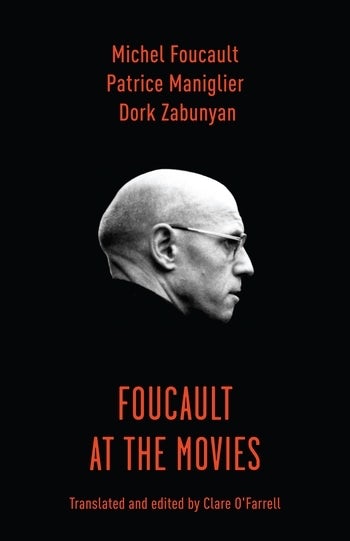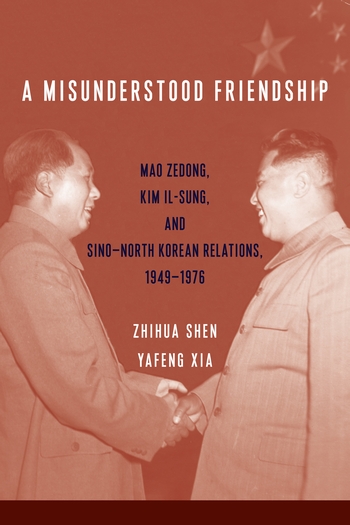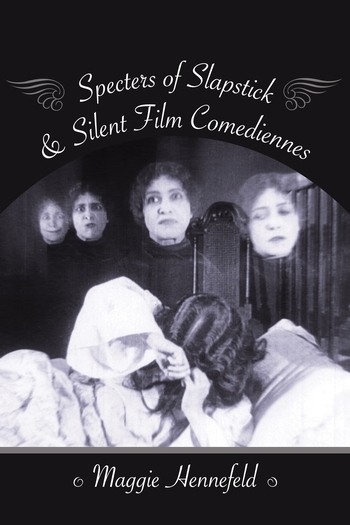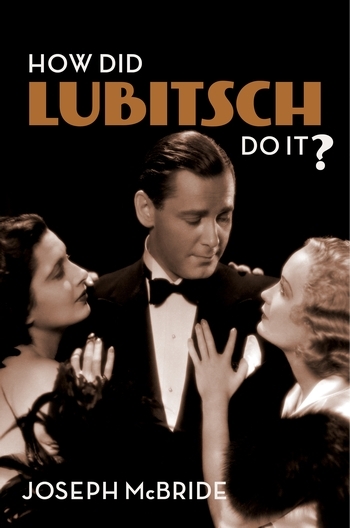Clare O’Farrell on Translating Foucault at the Movies

“Like all of his great interviews, Foucault at the Movies presents Foucault speaking in his own voice. We find Foucault saying that “the art of living” means that psychology must be killed; that the body must be dismantled; that memory must function without remembering; and that passion is more interesting than love. Foucault at the Movies is an invaluable addition to our understanding of Foucault’s thought.”
~ Leonard Lawlor, Penn State University
Today for National Translation Month we are presenting our film fans with a guest post from Clare O’Farrell who translated Foucault at the Movies by Michel Foucault, Patrice Maniglier, and Dork Zabunyan. In this post, O’Farrell gives a personal account of the challenges and opportunities that arose from this project. Foucault at the Movies brings together all of Foucault’s commentary on film, some of it available for the first time in English, along with important contemporary analysis and further extensions of this work. It offers detailed, up-to-date commentary, inviting us to go to the movies with Foucault.
Enter our drawing for a chance to win a copy of this book!
• • • • • •
I was originally introduced to the French thinker Michel Foucault when I was an undergraduate in the late 1970s. Intrigued by the complexity and unexpectedness of his thought I went on to take a closer look at it as a Ph.D. It was while embarked on these studies that I also discovered the pleasures of film, thanks to a very active film club at the Australian National University. I then moved on to pursue my joint interests in film and Foucault in the cinemas and libraries of Paris.
I was absolutely delighted when, in more recent years, a book appeared in French which combined my two long-term fascinations – film and Foucault. If Foucault by all accounts had shown a keen personal interest in cinema, his writings on the subject were not extensive and had been largely overlooked. The new book offered not only extracts from all his work on film (published in their complete versions in the English translation) but also framed those offerings with two wide-ranging chapters of interpretation and application written by two contemporary French experts on film and philosophy. I decided that this was a project I simply had to take on and bring to an English readership.
“I was absolutely delighted when, in more recent years, a book appeared in French which combined my two long-term fascinations – film and Foucault.”
Translating the book posed a number of interesting challenges. One of these was the sheer diversity of voices: the two contemporary authors, Patrice Maniglier and Dork Zabunyan, Foucault himself and his various interlocutors who included French and German film directors, film critics from the celebrated Cahiers du Cinéma and the prominent feminist writer Hélène Cixous. Each of these writers had their own very individual style and switching from one to another was a fascinating exploration in register and language.
The weight of previous translations of Foucault’s work was another challenge. I needed to consider the way particular philosophical words and neologisms employed by Foucault, not just in the material in the book but in his broader work, had previously been translated. There were decisions to be made as to whether to tweak earlier translation choices that I had never liked due either to their obscurity or clumsiness – Foucault is a supremely elegant writer in French. Alas, practicality usually won out. The earlier translations have often become so entrenched in the English language understanding and literature around Foucault that to make drastic changes would merely add to the confusion.
“…Foucault is a different thinker in English from the one he is in French…”
Translating European philosophy in general also takes place within the context of ongoing debates about whether to opt for a transliteration which retains some of the features (and perhaps nuances) of the original source language or to opt for a style that sounds more natural in English. Both approaches have been liberally employed in the translation of Foucault. But as has frequently been observed, Foucault is a different thinker in English from the one he is in French – so why not just go the whole hog? Thus, my own preference was to take the more naturalistic approach and to try (whether successfully or not) to give a sense of the poetic stylist that Foucault was in his own original language.
In addition to working with style, another of the enjoyments of translation was the opportunity to engage in a very close and slow reading of the source text, pondering the ideas and the various nuances of words and phrases. Foucault at the movies contains detailed discussion and reflection on social institutions such as the asylum and the penal system and on how history is written and filmed. It raises issues about the kind of attitudes and relations of power that played out before, during and after World War II and the ongoing reverberation of those events in the Post-War period. Those reverberations were still being felt strongly in the 1970s and are evident in the reflections of Foucault and his interlocutors as they discuss controversial representations of the War and history in European film of the time. I couldn’t help but be struck by the worrying and acute relevance of these discussions to our current social and political situation in the twenty-first century. The chapters by Patrice Maniglier and Dork Zabunyan further extend Foucault’s ideas into the new century and also link his views on film to radical Russian and French film theorists and directors – links not made explicit by Foucault himself. The citation of these sources in French took me on labyrinthine hunts for existing English translations (some of them very recent) and to the discovery of fascinating material I had previously been unaware of.
To sum all this up, translating Foucault at the movies offered the opportunity to embark on a philosophical quest that touched on meaning, various forms of difference and history. It was an open invitation to play with style and language and to really think about how language, meaning and relations of power operate through different voices, times and cultures.
Find out more about Foucault at the Movies in the Translator’s Preface and Introduction!





